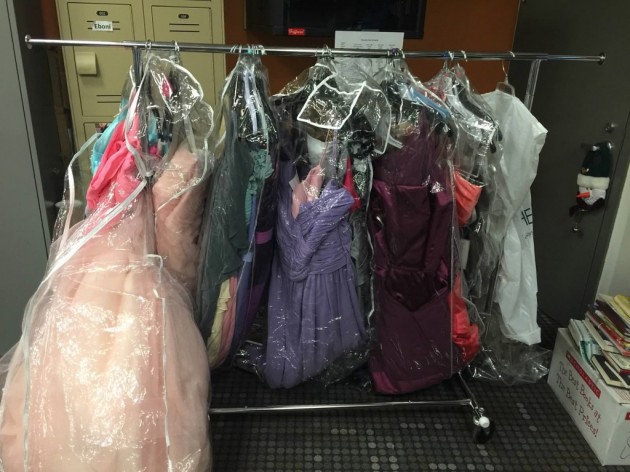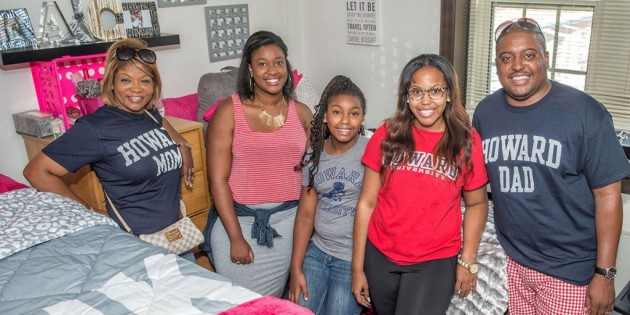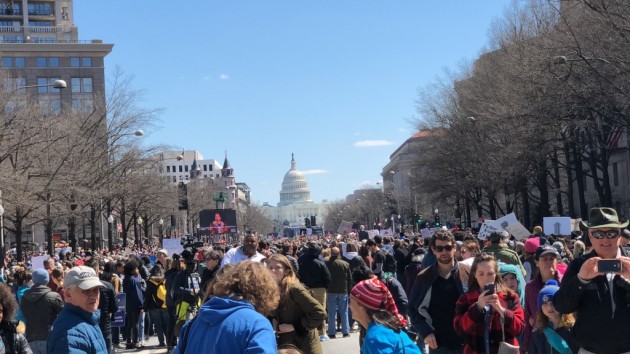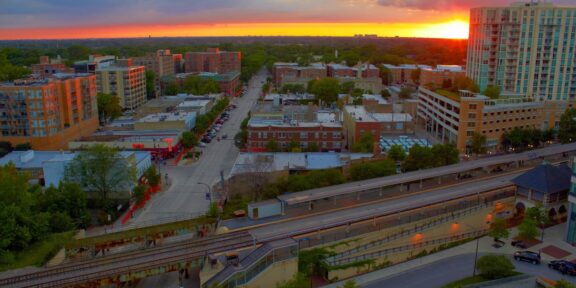D.C. Library Expands Focus on Black History Beyond February
Black History Month creates a buzz come the middle of January every year but one Washington, D.C. library is doing its part to highlight prominent African Americans and the black experience not only during February but throughout the year.
The Martin Luther King Jr. Memorial Library (MLKML), under the guidance of Assistant Director Pamela Stovall, has undertaken the task of evolving Black History commemoration into more than just an annual event, but weekly celebrations that span the entire year.
“We’ve started a series of programs this year based on the D.C. Libraries Foundation’s (DCLF) commitment to supporting what we’re calling the African Legacy Program,” said Stovall. “We always had [Martin Luther] King week programs, we always had Black History Month programs…now, with the foundation’s support, we’ve had kind of an umbrella of programming year-round called the African American Legacy programs,” the assistant director explained.
Having held her position for close to two years, Stovall admits that she came into the position with the hope of continuing to commemorate Black History Month, while expanding the focus on black history to the rest of the year, rather than isolate the celebration of black history to February.
“A lot of our African American history programs are concentrated in February…and that was one of our visions: to expand African American history programs throughout the year,” Stovall said.
And Black History Month was not forgotten in February this year at the MLKML; the programs were numerous and included a kick off celebration featuring author Sharon Draper and a symposium with historian C.R. Gibbs entitled, “Freedom Rising: From Slavery to Liberty in the Western Hemisphere.”
“We honored the east coast chapter of the Tuskegee Airmen,” Stovall said about the “Honoring Our Own: Tuskegee Airmen;” the highpoint of February’s celebrations.
“We had about 12 members of the Tuskegee airmen, and they wore their red jackets,” she continued.
The ceremony honored the first black military airmen, who, according to Stovall, are presently around the age of 85, and incorporated entertainment from the Ballou High School band.
Stovall explained the significance of the program as she said, “What we wanted to do was have that inter-generational connection so that these young people could meet and talk to these gentlemen and hear their stories.”
Stovall said that the library’s Great Hall held the 150 to 200 people that attended the event; a number she is happy with, for now, as the library continues to expand, improve its quality of black history programming, and attempts to attract a larger and more diverse audience.
Notable events in black history encompass many issues, dreams, aspirations and realities beyond American soil, and span every month of the year. Some international black history events include the commemoration of Nelson Mandela’s release from prison on Feb. 11, 1990, and his fight against apartheid , the opening of the World Anti-Slavery Convention in London on Jan. 6, 1840, and the recognition of Suriname as a nation independent of the Netherlands on Nov. 25, 1975.
“We really have narrowly defined [black history] as African American…but we’re going to do better,” Stovall said about inclusion of other sectors of the Diaspora.
She explained that as the MLKML begins to partner with more city associations such as the Office on African Affairs , there would be more opportunity for their involvement in the development of the library’s programming.
Stovall said, “The story is just too broad and just impacts everything in history…we can’t just limit ourselves.”






